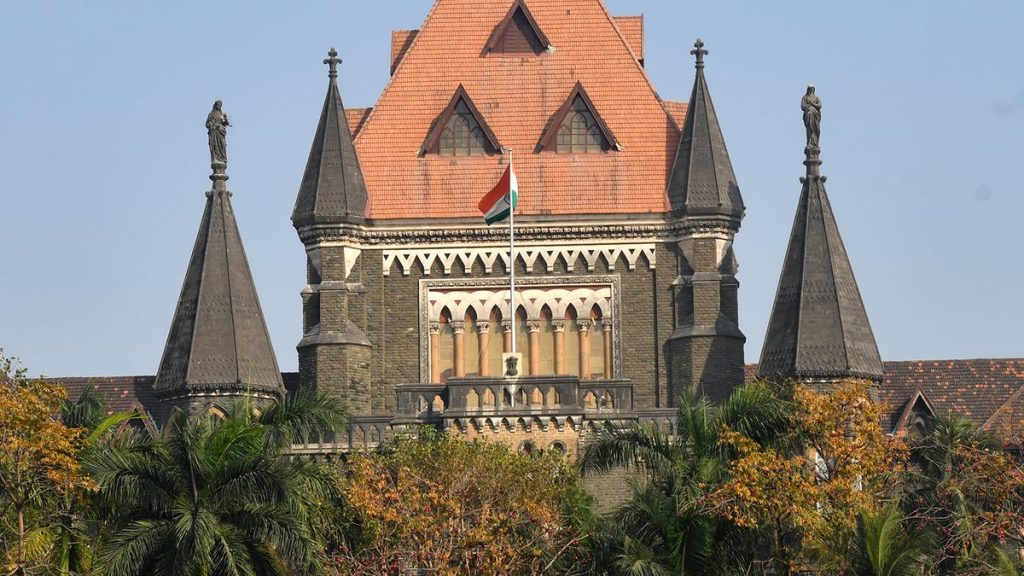Now Reading: Why People Strive to Do Good
-
01
Why People Strive to Do Good
Why People Strive to Do Good

Rapid Summary
- A major study surveyed nearly 1 million individuals across 100+ countries to examine motivations behind altruistic behavior.
- the study found that most people reported performing altruistic acts due to genuine concern for others, not self-interest or indirect benefits.
- Researchers assessed motivations across three dimensions: legacy (desired remembrance),life aspirations,and basic human values.Key findings included:
– People value making a positive impact over enhancing their reputation.
– altruistic goals such as personal growth and community giving outweighed aspirations like wealth or fame.- Universalism and benevolence were more common motivators than power,hedonism,and achievement.
- Surprisingly, individualistic countries like the U.S. scored higher in other-oriented motivations compared to communal ones like Japan.
- The study used anonymous surveys to reduce biases such as confabulation or social desirability influence; notable differences were observed between average respondents and identifiable altruists (e.g., organ donors).
- Researchers argue that assumptions about human nature significantly affect societal systems, advocating approaches that amplify altruistic tendencies.
Indian Opinion Analysis
This research highlights an understanding of universal human values while also challenging stereotypes concerning cultural attitudes toward selfishness versus altruism. For india-a nation steeped in both collectivist traditions and increasingly individualistic urban growth-the findings suggest avenues for introspection on how societal systems can nurture genuine care for others amidst ongoing modernization.
India’s cultural emphasis on community ties aligns with the broader trend shown in the study regarding people valuing universal compassion over material gain. However, India’s socioeconomic diversity necessitates adaptive policies fostering these altruistic motivations among varied social strata.From educational frameworks instilling empathy to designing welfare programs rooted in collective well-being-not competition-these insights could profoundly shape governance structures focused on inclusivity.
The surprising finding about individualist nations scoring higher on other-oriented motivations is especially noteworthy for India navigating global partnerships with such cultures. Recognizing shared benevolent tendencies might strengthen mutual understanding internationally while reaffirming India’s core beliefs of ‘Vasudhaiva Kutumbakam’ (the world is one family).
























